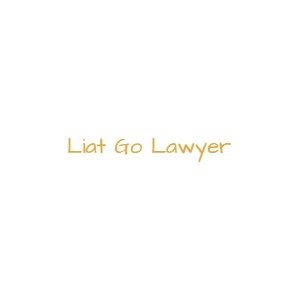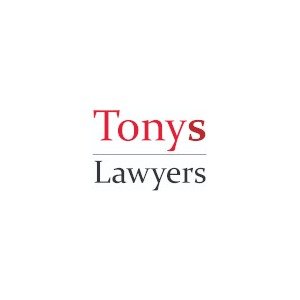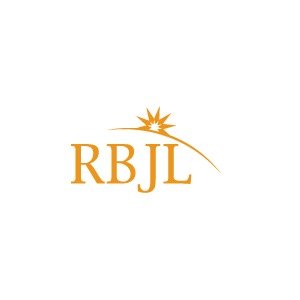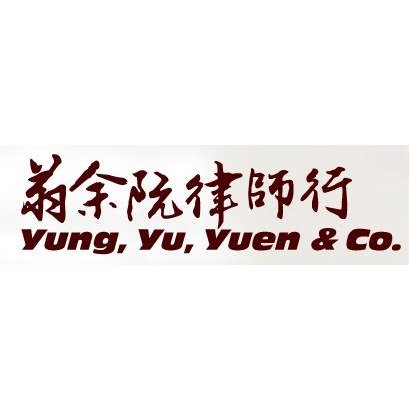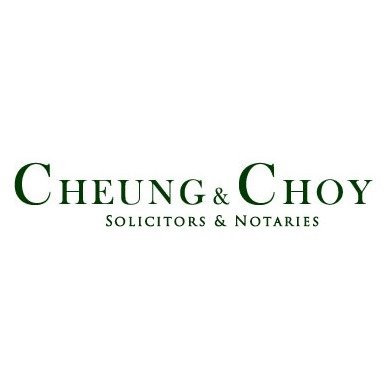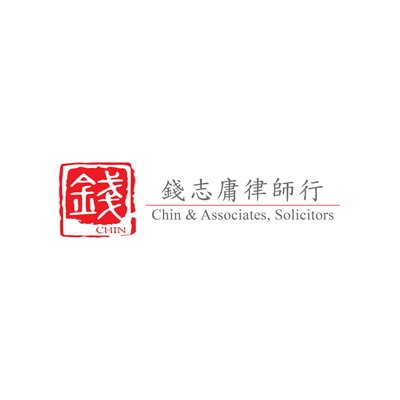Best Conveyancing Lawyers in Central
Share your needs with us, get contacted by law firms.
Free. Takes 2 min.
Free Guide to Hiring a Real Estate Lawyer
List of the best lawyers in Central, Hong Kong
About Conveyancing Law in Central, Hong Kong
Conveyancing is the legal process of transferring property ownership from one party to another. In Central, Hong Kong, this process is particularly important due to the region’s bustling property market and strict regulatory environment. Conveyancing covers both residential and commercial transactions and includes tasks such as preparing contracts, conducting title searches, assisting with mortgages, and handling the official registration of properties. The legal landscape is influenced by rules established under Hong Kong law and is designed to protect all parties involved in property transactions.
Why You May Need a Lawyer
Hiring a lawyer in Central, Hong Kong, is essential for anyone involved in property transactions, whether you are buying, selling, or leasing. Common situations where you might need professional legal help include purchasing a new home, investing in commercial property, resolving title disputes, remortgaging your property, or handling the legal intricacies of gifts or inheritance transfers. Lawyers play a critical role in ensuring all procedures are followed, contracts are well drafted, and your interests are protected. Legal professionals also help identify potential risks, negotiate terms, and interact with governmental authorities on your behalf.
Local Laws Overview
Conveyancing in Central, Hong Kong, operates under a well-defined legal framework largely based on the Conveyancing and Property Ordinance (Cap. 219). Key aspects of local law include the requirement for written contracts in property transactions, the necessity of a title search to verify ownership and encumbrances, the need for execution of Deed of Assignment, and formal registration at the Land Registry. Laws also stipulate the payment of stamp duty, detailed procedures for mortgages and refinancing, and the protection of buyers through statutory disclosures. It is mandatory for lawyers to oversee the entire process to ensure compliance with all legal requirements and to safeguard the interests of their clients.
Frequently Asked Questions
What is conveyancing?
Conveyancing is the legal process of transferring ownership of real estate from one party to another. It includes tasks like preparing contracts, conducting property searches, and registering the property with the Land Registry.
Do I need a lawyer for conveyancing in Central, Hong Kong?
Yes, Hong Kong law requires that both parties to a property transaction be represented by separate, independent legal firms to protect their respective interests.
How long does the conveyancing process take?
The process typically takes between six to eight weeks for standard property transactions, though the timeline can vary depending on the complexity of the deal or the presence of title issues.
What is a title search and why is it important?
A title search investigates the ownership history and legal status of the property. It helps ensure there are no encumbrances, liens, or disputes, offering peace of mind to buyers.
What is stamp duty and who pays it?
Stamp duty is a government tax levied on property transactions. In most cases, the buyer is responsible for paying it, though the exact amount depends on the transaction value and property type.
What documents are required for conveyancing?
Common documents include a Sale and Purchase Agreement, Deed of Assignment, identification documents, proof of property title, and mortgage agreements, if applicable.
What happens on completion day?
On completion day, the final payment is made, ownership officially passes to the buyer, and the necessary documents are lodged with the Land Registry for registration.
Can foreigners buy property in Central, Hong Kong?
Yes, there are no restrictions on foreign ownership of property in Hong Kong. Foreigners can buy, sell, and own property on the same terms as locals.
What are common pitfalls in property transactions?
Common issues include unclear title, undisclosed encumbrances, failure to obtain building or occupation permits, and disagreements about completion dates or contract terms.
How are disputes in conveyancing settled?
Most disputes are resolved through negotiation between lawyers. If unresolved, matters may be taken to court for a judicial decision based on the contract and applicable laws.
Additional Resources
- The Land Registry of Hong Kong - Provides official property records and registration services that are essential in the conveyancing process.
- The Law Society of Hong Kong - Maintains a directory of qualified lawyers who specialize in conveyancing and property law.
- The Rating and Valuation Department - Offers property valuation services and detailed information about property ownership, useful for buyers and sellers.
- Consumer Council of Hong Kong - Offers consumer protection information and advice on property buying and selling.
Next Steps
If you require legal assistance in conveyancing, start by gathering all relevant documents related to your property transaction. Make a note of key dates and any concerns regarding your purchase or sale. Contact a qualified conveyancing lawyer or legal firm with experience in Hong Kong property transactions, preferably those familiar with Central. Your lawyer will guide you through the legal requirements, conduct due diligence, draft or review all necessary documents, and represent your interests through to completion and registration. Always ensure your lawyer is registered with the Law Society of Hong Kong and has a reliable track record in conveyancing work.
Do not hesitate to seek professional advice at any stage of your conveyancing process. Proper legal guidance is essential for a secure and successful transaction in Central, Hong Kong’s highly competitive property market.
Lawzana helps you find the best lawyers and law firms in Central through a curated and pre-screened list of qualified legal professionals. Our platform offers rankings and detailed profiles of attorneys and law firms, allowing you to compare based on practice areas, including Conveyancing, experience, and client feedback.
Each profile includes a description of the firm's areas of practice, client reviews, team members and partners, year of establishment, spoken languages, office locations, contact information, social media presence, and any published articles or resources. Most firms on our platform speak English and are experienced in both local and international legal matters.
Get a quote from top-rated law firms in Central, Hong Kong — quickly, securely, and without unnecessary hassle.
Disclaimer:
The information provided on this page is for general informational purposes only and does not constitute legal advice. While we strive to ensure the accuracy and relevance of the content, legal information may change over time, and interpretations of the law can vary. You should always consult with a qualified legal professional for advice specific to your situation.
We disclaim all liability for actions taken or not taken based on the content of this page. If you believe any information is incorrect or outdated, please contact us, and we will review and update it where appropriate.



